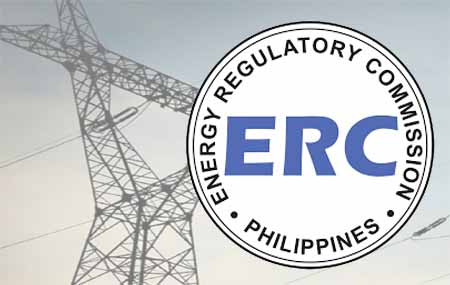More industries are joining the Retail Aggregation Program (RAP) to exercise greater control over their electricity supply, signaling growing confidence from the private sector, the Energy Regulatory Commission (ERC) said.
“Just a few months ago, we were only dreaming about RAP to help smaller consumers—homeowners, families, residents—and actually feel the impact of lower electricity costs through the power of retail aggregation,” ERC chairperson Monalisa Dimalanta said.
EvoEnergi, a member of the Lao Group of Companies backed by D&L Industries’ manufacturing expertise, recently held a ceremonial signing where 10 of its Retail Aggregation Groups (RAGs) officially switched to the RAP.
The company aims to empower businesses with energy solutions tailored to their needs, anchored on transparency, customer-centricity and sustainability.
EvoEnergi signed agreements with 22 companies, including LBL Prime Properties Inc., Star Anise Properties Corp., JBC Food Corporation, RPMC Plastics Phils., Inc., ACE Water Spa Hotel, Em-Pol Corporation, Polymer Chemicals Inc., Rezcoat Inc., Atlantic Coatings, Inc., Jentec Storage Inc., Jentec D.C. Corporation, Jenny’s Garment Inc., Maclin Electronics, Inc., Linkage Food Venture Corp., JG Jinmen Leisures Corporation, Bestwin Multi-Enterprises Corp., Island Multi-Polymer Plastic Corp, Puremark Marketing Corporation, Kawit Megaland Realty Corp., TRI-Pack Philippines Corp., Shrinkpack Philippines Corp. and CK Plastic Manufacturing Phils Corp.
These groups represent a total aggregated demand of 9.6 megawatts (MW), pioneering RAP in their respective sectors, including real estate, food and chemical manufacturing, paints and plastics, wellness and leisure, logistics, warehousing, textiles, electronics and retail industries.
Company representatives at the EvoEnergi event described the RAP as a “game-changer,” unlocking opportunities for cost savings, operational efficiency, and greater control over energy use. They said that while the transition came with some initial challenges, the long-term benefits in flexibility quickly became evident.
“This is the beauty and spirit of the RAP revolution. From its objective to empower institutions, businesses, and now homeowners, to pool their electricity demand and negotiate better rates with suppliers. Through RAP, more Filipinos are taking charge of their energy destiny, bringing us closer to true energy democracy,” said Dimalanta.









